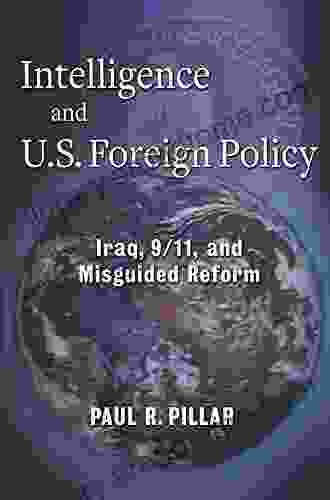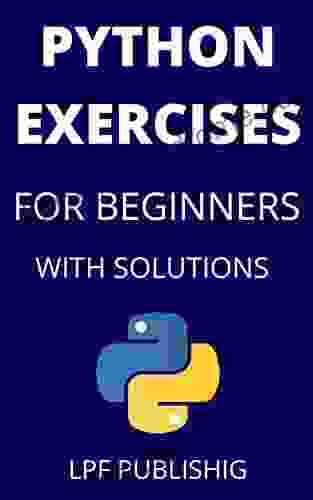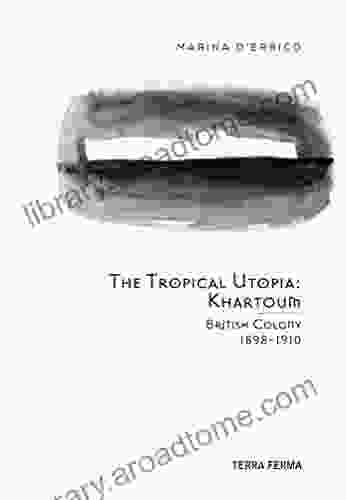Intelligence and Foreign Policy: Unraveling the Interplay

In the intricate world of international relations, intelligence plays a pivotal role, providing leaders with insights and assessments that shape foreign policy decisions. While intelligence is often shrouded in secrecy, its impact on global affairs is undeniable. This article delves into the complex interplay between intelligence and foreign policy, exploring how they inform and influence each other, ultimately shaping the course of nations.
4.6 out of 5
| Language | : | English |
| File size | : | 831 KB |
| Text-to-Speech | : | Enabled |
| Screen Reader | : | Supported |
| Enhanced typesetting | : | Enabled |
| Word Wise | : | Enabled |
| Print length | : | 434 pages |
Intelligence: The Foundation of Informed Policy
Intelligence refers to the collection, analysis, and interpretation of information that provides insights into foreign governments, organizations, and individuals. It serves as the foundation upon which foreign policy is built. By gathering and assessing intelligence, policymakers gain a comprehensive understanding of the international landscape, enabling them to make informed decisions.
Intelligence can take various forms, including:
* Human sources: Information gathered from spies, diplomats, or other individuals with access to sensitive knowledge. * Technical collection: Data obtained through electronic surveillance, satellite imagery, or other technological means. * Open sources: Information publicly available through news outlets, government reports, or social media.
The quality and accuracy of intelligence are crucial, as they directly impact the effectiveness of foreign policy. However, intelligence is often incomplete, uncertain, and subject to interpretation. Policymakers must carefully weigh the reliability and credibility of intelligence before making decisions.
Foreign Policy: A Reflection of Intelligence Analysis
Foreign policy refers to the strategies and actions taken by a nation to achieve its goals in international affairs. Intelligence plays a significant role in shaping foreign policy by providing policymakers with:
* Early warning: Intelligence can alert leaders to potential threats or opportunities, giving them time to prepare or respond. * Assessment of foreign capabilities: Intelligence provides insights into the strengths and weaknesses of other nations, informing decisions on diplomacy, negotiations, or military operations. * Identification of opportunities: Intelligence can reveal potential areas for cooperation or collaboration with other nations, fostering alliances and partnerships.
Intelligence-led foreign policy aims to use intelligence to proactively guide decision-making. By leveraging intelligence, policymakers can anticipate challenges, exploit opportunities, and minimize risks.
The Intelligence-Foreign Policy Cycle
The relationship between intelligence and foreign policy is cyclical. Intelligence informs foreign policy decisions, which in turn guide the collection and analysis of future intelligence. This cycle ensures that intelligence remains relevant and responsive to evolving global dynamics.
* Intelligence gathering: Foreign policy priorities influence the focus of intelligence collection. * Intelligence analysis: Analysts interpret intelligence and provide policymakers with assessments and recommendations. * Foreign policy decision-making: Intelligence assessments inform policymakers' deliberations and decisions. * Feedback loop: Foreign policy actions generate new intelligence requirements, restarting the cycle.
This continuous feedback loop allows for ongoing refinement and adjustment of both intelligence and foreign policy.
Ethical and Legal Considerations
The use of intelligence in foreign policy raises ethical and legal considerations. It is essential to strike a balance between the need for secrecy and the public's right to know. Intelligence agencies must operate within legal frameworks and respect human rights.
Moreover, policymakers must consider the potential consequences of intelligence-driven actions. Intelligence can be manipulated or misinterpreted, leading to erroneous decisions and unintended outcomes.
Intelligence and foreign policy are inextricably linked, shaping each other and influencing the course of global affairs. Intelligence provides the foundation for informed policy, while foreign policy guides the collection and analysis of intelligence. Understanding the interplay between these two domains is crucial for effective decision-making in the complex and ever-changing landscape of international relations.
4.6 out of 5
| Language | : | English |
| File size | : | 831 KB |
| Text-to-Speech | : | Enabled |
| Screen Reader | : | Supported |
| Enhanced typesetting | : | Enabled |
| Word Wise | : | Enabled |
| Print length | : | 434 pages |
Do you want to contribute by writing guest posts on this blog?
Please contact us and send us a resume of previous articles that you have written.
Light bulbAdvertise smarter! Our strategic ad space ensures maximum exposure. Reserve your spot today!

 Dean ButlerDiscover the Wonder of Play with "An Introduction to the 123s: 100 Children's...
Dean ButlerDiscover the Wonder of Play with "An Introduction to the 123s: 100 Children's...
 Colin RichardsonEssential Services for Car Owners: A Comprehensive Guide to Maintaining Your...
Colin RichardsonEssential Services for Car Owners: A Comprehensive Guide to Maintaining Your...
 T.S. EliotOne of the Most Bizarre Events in Oregon History: Uncover the Strange Tale of...
T.S. EliotOne of the Most Bizarre Events in Oregon History: Uncover the Strange Tale of... Boris PasternakFollow ·6.9k
Boris PasternakFollow ·6.9k Brady MitchellFollow ·5.6k
Brady MitchellFollow ·5.6k Reginald CoxFollow ·18.8k
Reginald CoxFollow ·18.8k Marcus BellFollow ·14.9k
Marcus BellFollow ·14.9k Daniel KnightFollow ·14.5k
Daniel KnightFollow ·14.5k Jett PowellFollow ·3.2k
Jett PowellFollow ·3.2k Jorge Luis BorgesFollow ·12.7k
Jorge Luis BorgesFollow ·12.7k Branson CarterFollow ·15k
Branson CarterFollow ·15k

 Lord Byron
Lord ByronHow to Be Creative in Textile Art: A Comprehensive Guide...
Textile art is a...

 Kenneth Parker
Kenneth ParkerMaster the Art of Grilling with "The BBQ Sauces Cookbook"
Are you tired of the same old...

 Jerome Blair
Jerome BlairTeaching Ceramics Potter Manual: Unlock Your Inner Artist...
Imagine the satisfaction of crafting exquisite...

 Paulo Coelho
Paulo CoelhoLiberating Yourself From Lyme: A Comprehensive Guide to...
What is Lyme...

 Banana Yoshimoto
Banana YoshimotoInspiring Art Explorations: Unleashing Creativity in...
Prepare to be inspired...
4.6 out of 5
| Language | : | English |
| File size | : | 831 KB |
| Text-to-Speech | : | Enabled |
| Screen Reader | : | Supported |
| Enhanced typesetting | : | Enabled |
| Word Wise | : | Enabled |
| Print length | : | 434 pages |














































